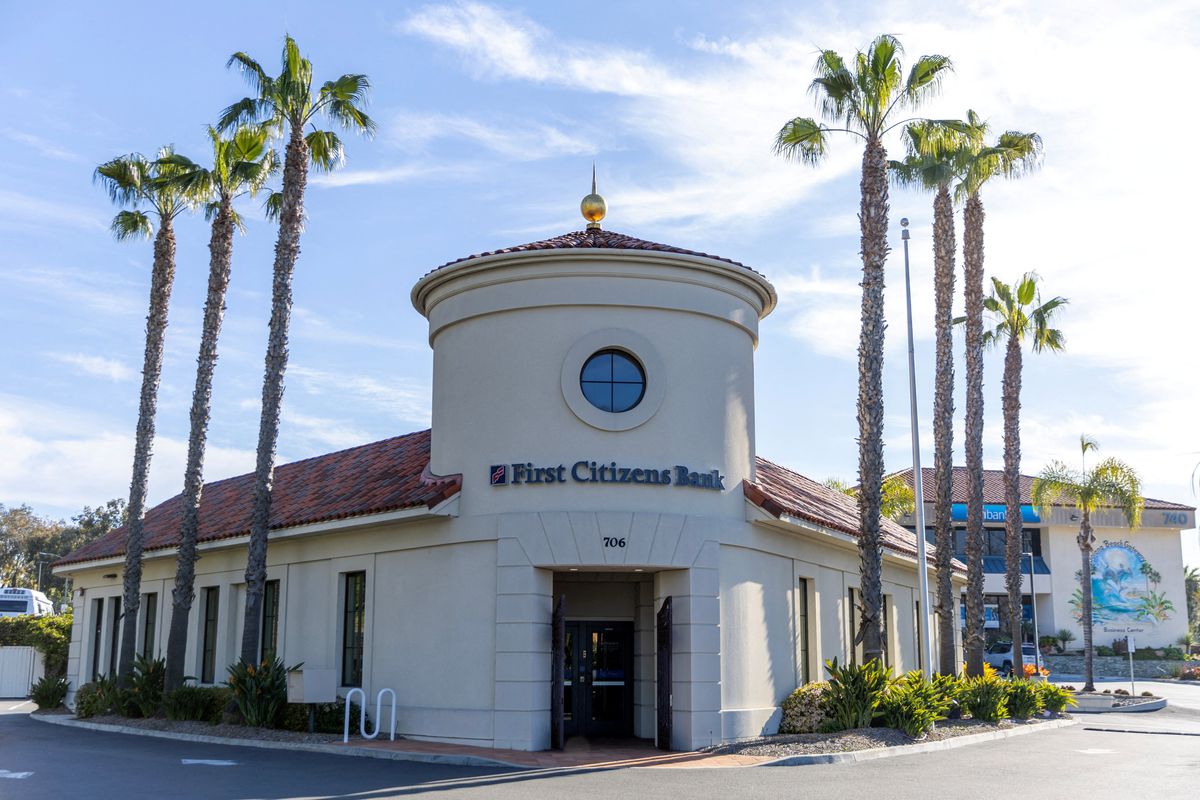First Citizens BancShares makes a deal to buy out failed Silicon Valley Bank
In the biggest US bank failure since 2008, Silicon Valley Bank totally collapsed earlier this month.

A few minutes every morning is all you need.
Stay up to date on the world's Headlines and Human Stories. It's fun, it's factual, it's fluff-free.
The backstory: In the biggest US bank failure since 2008, Silicon Valley Bank (SVB) totally collapsed earlier this month. Before it went under, SVB had US$175 billion in deposits but was rushed for withdrawals, leading to its fall. On March 10, the FDIC took control of SVB and has been looking for a buyer to cover its uninsured deposits ever since.
The development: On Sunday, First Citizens announced it would buy SVB. This buyout will make First Citizens a top 15 US bank. It’s buying about US$72 billion of SVB’s assets at a discount, leaving US$90 billion in securities and other assets with the FDIC at a loss of about US$20 billion. But, the FDIC also gets equity appreciation rights in the deal that could be worth up to US$500 million.
As of Monday, First Citizens said that 17 legacy branches would start operating as Silicon Valley Bank, a division of First Citizens. Customer accounts will stay the same for now. Investors are happy about this sale because it points toward the current banking crisis beginning to ease. Shares in the company surged almost 50% on Monday after the announcement.
First Citizens’ CFO Craig Nix told investors the bank wants to win back some SVB customers who withdrew their deposits when they were worried about losing access to cash.
Key comments:
“This has been a remarkable transaction in partnership with the FDIC that should instill confidence in the banking system,” said Frank Holding Jr., CEO of North Carolina-based First Citizens.
“The FDIC estimates the cost of the failure of Silicon Valley Bank to its Deposit Insurance Fund to be approximately $20 billion. The exact cost will be determined when the FDIC terminates the receivership,” the FDIC said.
“Admittedly, there has been a strong amount of runoff from the legacy Silicon Valley Bank this quarter,” said Craig Nix on an investor call Monday.




Comments ()